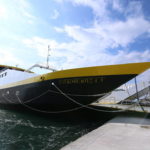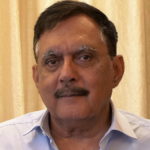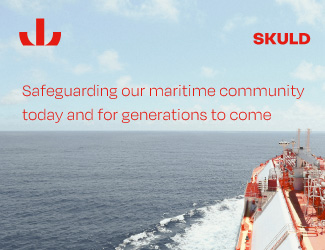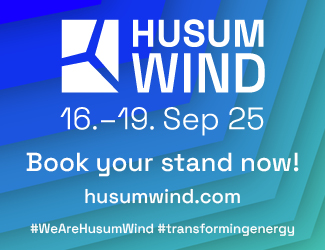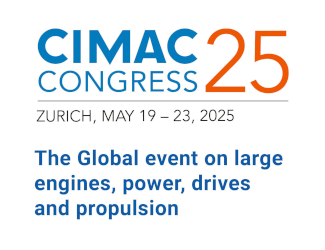In July, IR Class is taking over chairmanship of the international classification association IACS with some specific goals. Besides that, the Indians have the ambition to grow, in particular in Europe. By Michael Meyer
For HANSA, Executive Chairman Arun Sharma summarizes his focus areas during IACS Chairmanship under the topics Fuel 2020, GHG emissions[ds_preview], cyber safety and »use of technology«. In addition, IR Class intends to enhance interaction with stakeholders and working on their inputs, future proofing of IACS to maintain its relevance with possible increase in members, supporting the industry in dealing with technological aspects of low/zero carbon emission fuels and working with IMO on matters related to MASS and cyber security. »Another area is the human element in shipping to deal with technological and regulatory advancements, which could include upskilling and reskilling of the workforce,« he emphasizes.
Currently and after some growth of 4mill. GT in four years, IR Class has around 1,900 ships with 13mill. GT in its fleet. A big share is coming from the tanker sector, followed by bulkers, gas carriers and other ship types like FPSOs or FSRUs. However, in the newbuilding sector IR Class today is more active in smaller vessels, like minibulkers and cement carriers. Another core area is the inland waterway system.
Founded in 1975 and a full member of IACS since 2010, the body received recognition of the European Commission in 2016 and from 41 flag states. But all this is understood to be only an interim stage. Managing Director Suresh Shina tells HANSA that the goal is to expand the fleet to 3,000 vessels and 20mill. GT by the year 2025.
Especially in Europe Shina sees some potential for growth. »Our focus now is on regional expansion. We want to provide services, classification and beyond,« he says. Today, IR Class already has offices in London, Piraeus, Rotterdam, Cyprus, Bulgaria and Malta.
The body is still often seen as a player for the Indian shipping market, not least due to the big business contracts with the national navy for its fleet renewal programme. But after a growth of 22% in 2018 around 16% of the classed fleet is from outside India already, the managing director states, referring to a number of worldwide newbuilding contracts, amongst others for minibulkers and ferries under construction in South Korea and Greece. A minor share of the fleet already is from Europe, although only of small size, he says.
Greece is the first target named for the growth ambitions in Europe (»there are good opportunities there«), especially the local and regional ferry markets. Another »interesting« place are the Netherlands. A »possible next market« would be Germany, Shina emphasizes, taking a differentiated yet confident view: »There is a lot of newbuilding activity happening in India, especially from the Indian Navy, for which we are the preferred class. For these units, a lot of equipment is being supplied from Europe and Germany is one of the areas with a big number of suppliers of specialized marine components. I think people have started knowing us.«
As other foreign classification societies did a couple of years ago, IR Class targets the segment of small and midsize shipowners which might not be completely satisfied with their »traditional« class. But this can be a bumpy road. »It takes time to get into a new market with all the established players there. But I believe there is room for everyone,« the managing director thinks.
Besides Europe, the Indians have other markets in mind, too. Business has been started in Qatar, Saudi Arabia, Abu Dhabi, Malaysia, Indonesia and Nigeria. The flipside is the steady need for qualified staff. Shina therefore names the search for new employees as one of the biggest homework tasks. Today, the whole group has a staff of almost 900, with 400 people in the marine services department. In the next two years, around 100 more are needed.
Michael Meyer




